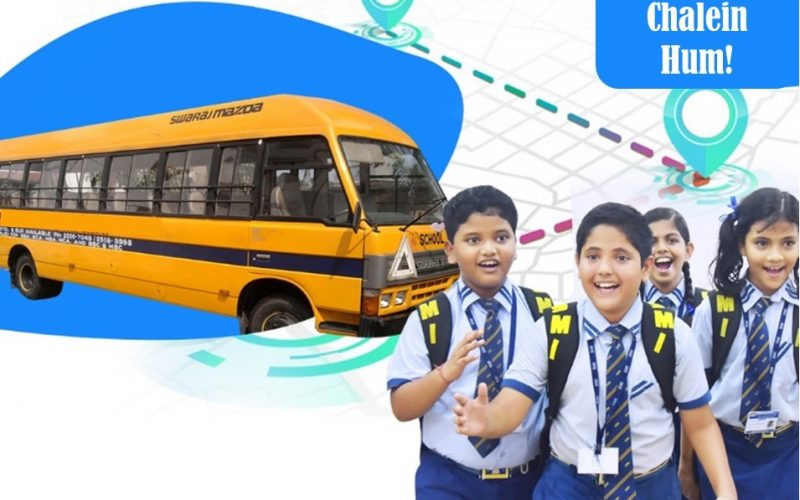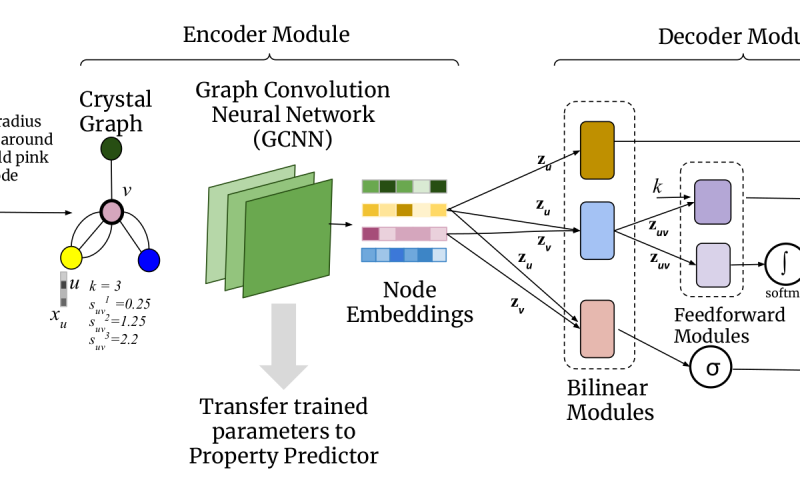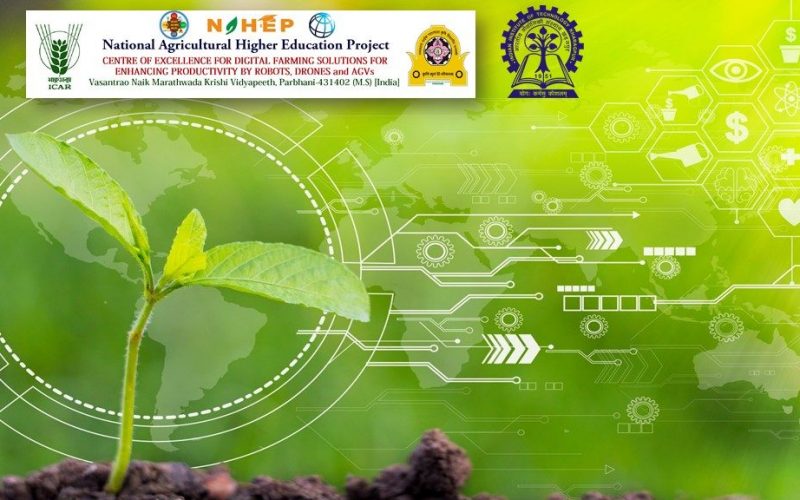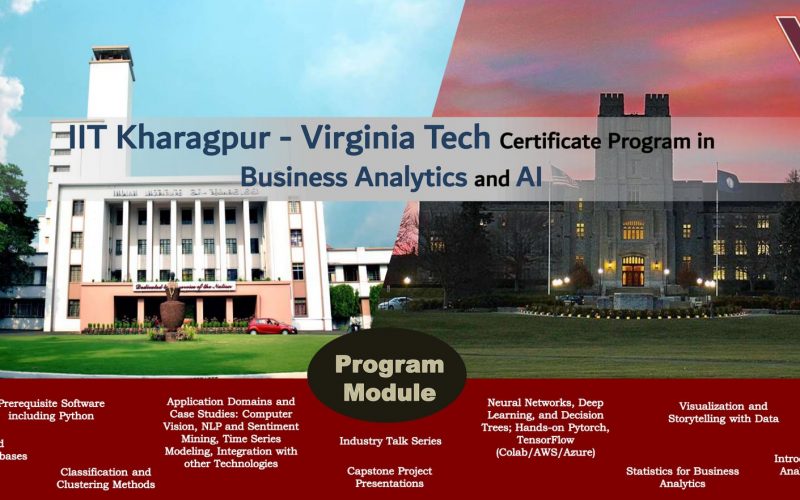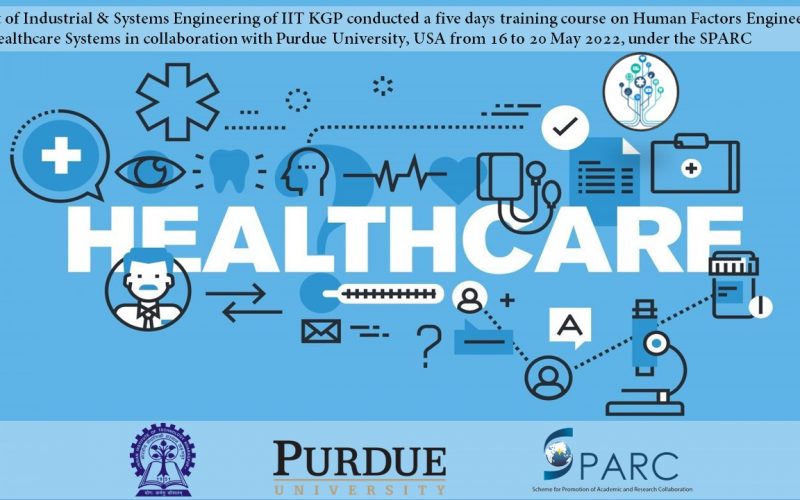
Training Course on Human Factors Engineering in Healthcare Systems
Department of Industrial and Systems Engineering, IIT Kharagpur conducted a five days training course on Human Factors Engineering in Healthcare Systems in collaboration with Purdue University, USA from 16 to 20 May 2022, under the SPARC (Scheme for Promotion of Academic and Research Collaboration). The lecture sessions focused on four important aspects related to the healthcare systems including Information-centred Human Factors, Human Body-centred Ergonomics, Organisation-centred Human Factors and Applications of HFE in Healthcare Systems. Based on the outcome of this training course, a number of courses in the form of subject, laboratory and project are to be designed at UG…

